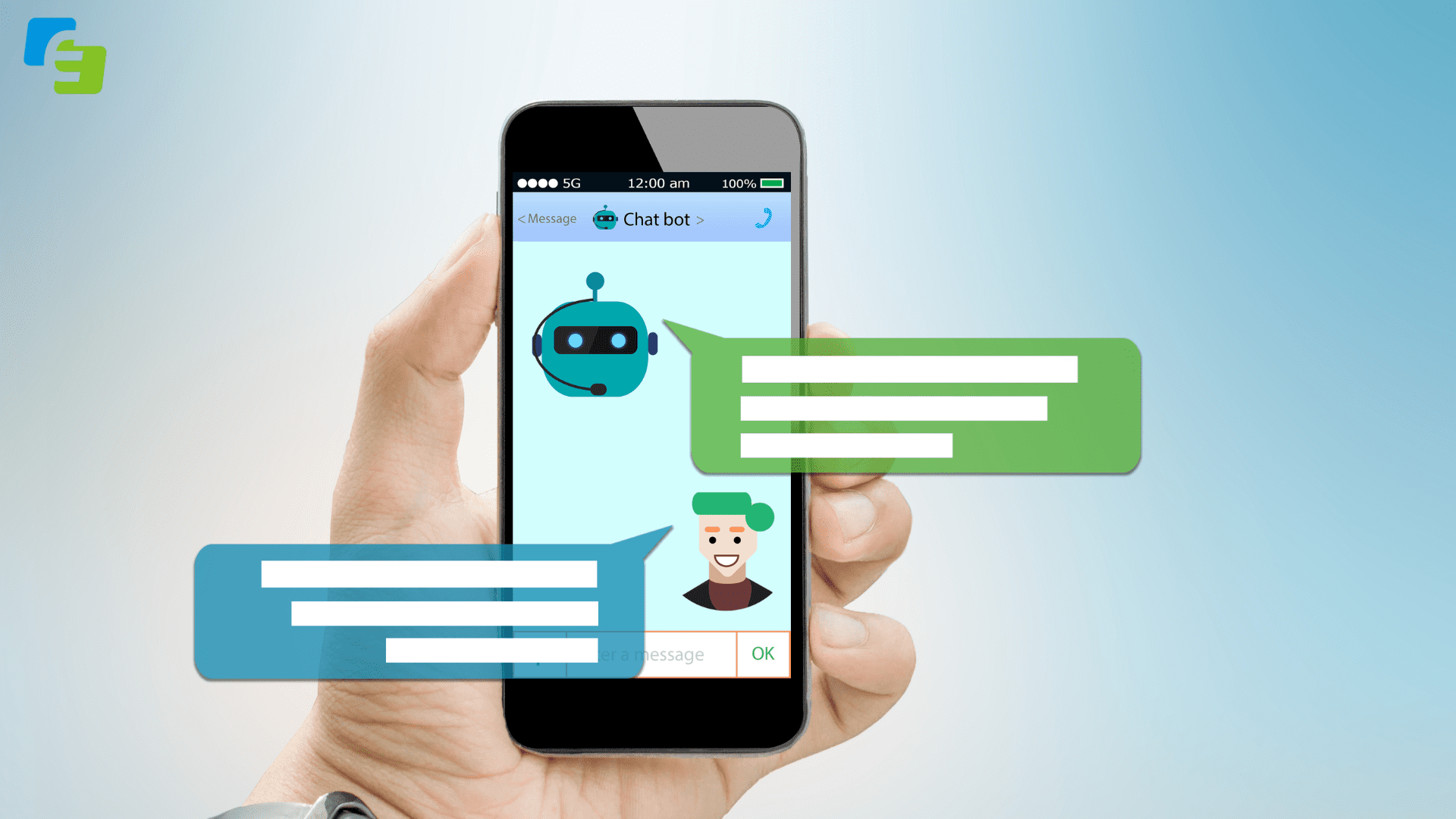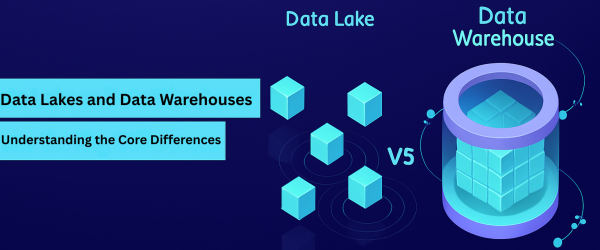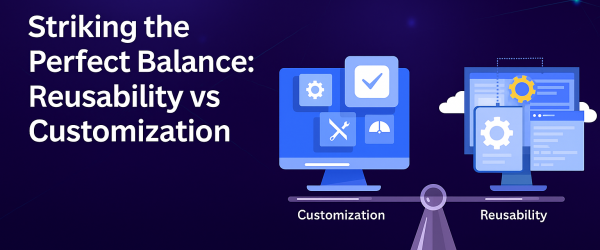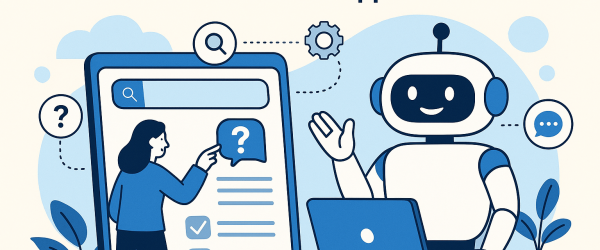Introduction:
The emergence of chatbots has transformed the landscape of customer and brand interactions, offering businesses an innovative way to engage with their audience. These digital assistants have become an integral part of various industries, providing instant, 24/7 support and enhancing user experiences. According to Gartner, more than 50% of enterprises are expected to allocate more resources to bots and chatbot development than traditional mobile app initiatives. In this blog, we’ll explore seven types of chatbots that cater to different business needs, ensuring you choose the right one for your specific requirements.
Chatbot Spectrum: Types and Use Cases
Scripted/Quick Reply Bots:
Scripted chatbots operate based on a pre-defined knowledge base and technical capabilities, responding to specific instructions. They excel in scenarios where queries align with the programmed language, making them ideal for businesses that require clear, concise interactions.
NLP Chatbots:
Leveraging Natural Language Processing (NLP), these chatbots use AI technology to interpret user input (text or voice) and map it to an intent. NLP chatbots excel at understanding and responding to natural language, enhancing the conversational aspect of user interactions.
Service/Action Chatbots:
Designed to collect relevant information from users, service chatbots facilitate specific actions or fulfill requests. This type is commonly utilized in industries like aviation, aiding customers in tasks such as checking flight bookings, reserving seats, and obtaining flight statuses.
Social Messaging Chatbots:
Integrated within social messaging platforms like Messenger, Telegram, Whatsapp, and Slack, these chatbots provide a familiar environment for users to interact directly. This integration can significantly boost brand engagement, especially when combined with social media scheduling tools.
Context Enabled Chatbots:
Considered the most advanced conversational bots, contextual chatbots employ Machine Learning and AI to remember past interactions, learning and evolving over time. Examples include Siri, Alexa, and Google Assistant, showcasing the power of continuous learning in enhancing user experiences.
Voice Enabled Chatbots:
Enhancing personalization, voice-enabled chatbots like Alexa and Siri accept user inputs through voice commands. They perform various tasks, answer queries, and create a seamless, hands-free user experience. Businesses can create their own voice-activated chatbots using text-to-speech (TTS) and voice recognition APIs.
Hybrid AI Chatbots:
Combining AI capabilities with human intervention, hybrid AI chatbots seamlessly transfer conversations to human agents when faced with queries beyond their capabilities. This approach ensures users receive personalized and accurate responses, blending AI efficiency with human empathy. Examples include Zendesk’s chatbot solution.
Planning to Build a Chatbot for Your Business?
Choosing the right type of chatbot and platform depends on various factors such as business size, customer base, and the purpose of deploying a chatbot. Chatbots can leverage different mediums, including SMS text, website chat windows, social media platforms (Twitter, Facebook), and instant messaging apps (WhatsApp, WeChat, Messenger). Businesses can opt for off-the-shelf bots like wit.ai, Chatfuel, and api.ai for basic customer engagement needs. However, for more advanced functionalities, custom chatbot development services are recommended.
Conclusion:
The world of chatbots offers a diverse range of options to suit every business’s unique requirements. Whether you prioritize scripted responses, natural language understanding, or a seamless integration with social messaging platforms, there’s a chatbot type tailored to elevate your customer interactions. As technology continues to advance, businesses must stay informed about the latest chatbot developments to provide cutting-edge solutions for their customers.
FAQs
What factors should I consider when choosing a chatbot for my business?
Consider your business size, customer base, and the specific purpose of deploying a chatbot. Assess the type of interactions you want the chatbot to handle and choose a platform that aligns with your goals.
How can I ensure a personalized experience for users with a chatbot?
Voice-enabled and contextual chatbots, such as Alexa and Siri, offer a more personalized experience by accepting user inputs through voice commands and learning from past interactions.
What role does hybrid AI play in chatbots?
Hybrid AI chatbots combine the efficiency of AI with human intervention. When faced with queries beyond their capabilities, these chatbots seamlessly transfer conversations to human agents, ensuring personalized and accurate responses.
Can chatbots be integrated with social media platforms?
Yes, social messaging chatbots are specifically designed to be integrated within platforms like Messenger, Telegram, Whatsapp, and Slack, providing users with a familiar environment for direct interaction.
Thank you for reading. For continued insights and in-depth discussions, please follow our blogs at Ezeiatech.







